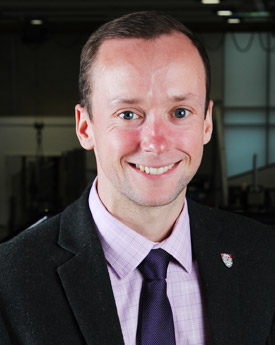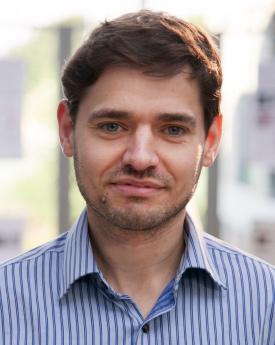Research Activity
Our multidisciplinary approach in nuclear research covers areas such as instrumentation, robotic and chemical engineering.
Excellence in research in nuclear instrumentation, nuclear decommissioning, and chemical processes along with our location relative to Sellafield Ltd, Springfields Fuels Ltd and many supporting specialist companies have placed us in an internationally-leading position in nuclear engineering systems.
Nuclear applications cover a broad range of sectors from healthcare and cancer treatment through to power generation, national security and decommissioning activities. Our research capabilities are applied in the industrially- and strategically-important areas of decommissioning and clean up, waste management, geological disposal, nuclear safety and regulation, safeguards and security, fuel cycle development, existing operation support and new build.
Decommissioning of disused nuclear facilities and plans to construct a new wave of nuclear power plants has caused the UK’s nuclear industry to face one of its biggest challenges in decades. To address this, the industry has come together to create several graduate training programmes. Currently, for example, Lancaster is a partner in the “Next Generation Nuclear” Centre for Doctoral Training with Manchester, Leeds, Sheffield & Liverpool universities and is active in supporting the work of the UK government too. Furthermore, we lead the new Lloyd’s Register Foundation International Joint Research Centre for the Safety of Nuclear Energy, which is a collaboration with the Universities of Harbin (China), Tennessee and Coventry.
In the area of nuclear decommissioning our research in robotics targets the need to reduce the requirement for manned entry into radioactive environments. This provides invaluable possibilities for the safe retrieval and disposal of contaminated materials whilst safeguarding the environment and minimising radiation exposure to people, for example through the use of hydraulic manipulators and UAVs in this application.
We also lead a joint EPSRC/Department of Energy & Climate Change project, in collaboration with the University of Liverpool and the Culham Centre for Fusion Energy ‘ADRIANA’ as part of the second phase of the National Nuclear Users’ Facility. This will enable the most sensitive neutron multiplicity calorimeter in the world to be established based on Lancaster capability.













